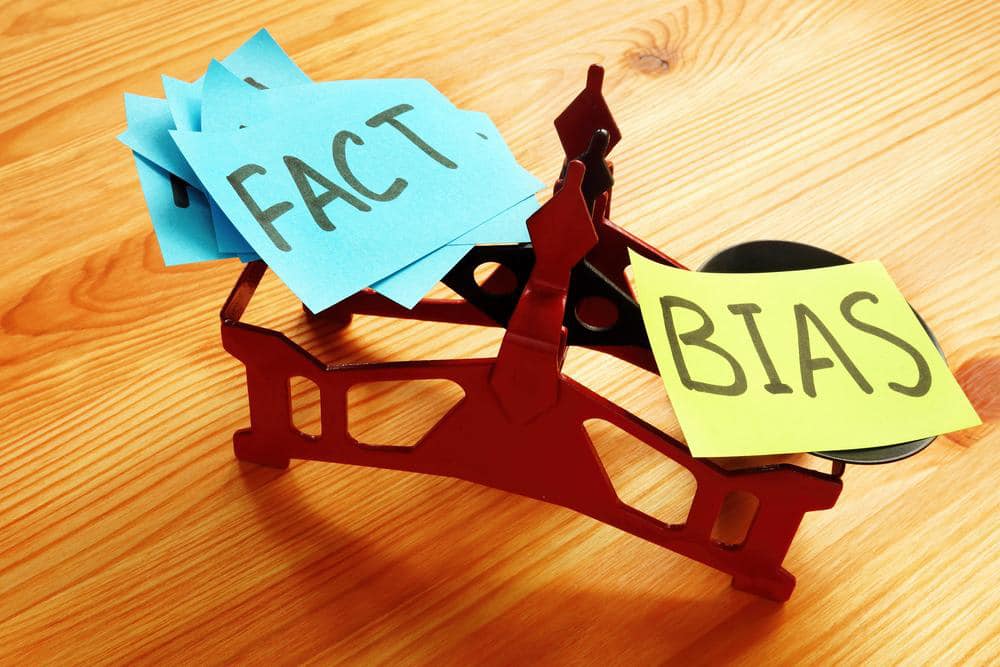 Robert and I are very active in our state and national association for investigations. Part of our involvement consists of helping to raise the standards of our profession and teaching investigators the most important aspects of our profession. We have given presentations on ethics, investigative standards, and professionalism. Investigator bias is a topic we emphasize just as much as the others.
Robert and I are very active in our state and national association for investigations. Part of our involvement consists of helping to raise the standards of our profession and teaching investigators the most important aspects of our profession. We have given presentations on ethics, investigative standards, and professionalism. Investigator bias is a topic we emphasize just as much as the others.
There are so many misconceptions of the image of private investigators to the general public and in media and movies, but also many times in potential clients who are unfamiliar with the use of investigators. As the former President and later Chair of the Board of our national association (National Council of Investigation and Security Services), I’ve had many opportunities to speak with members of Congress about our profession to dispel some of the myths that still follow the profession. Because of those myths, years ago we moved away from calling ourselves Private Investigators and refer to ourselves as Professional Investigators.
There is an inherent misconception that investigators do whatever it takes to obtain information for the client. We are still thought of as the shady, hide in the bushes, grey area, hired strong arm, bend the law types to get whatever results the client wants or needs. Quite the opposite is true for a professional investigator. Our job in every investigation reflects our slogan at API: Observe-Record-Report. Being unbiased is just as crucial as any other aspect of an investigator’s conduct and mindset, no matter what type of case we are working.
Every one of us has a bias, whether it is unconscious or conscious. People can have biases on politics, religion, or jobs, etc. Recognizing your biases takes a conscious effort. So how to we keep bias out of our investigations? It’s as simple as our slogan, no more, no less. Our job is to be fact finders and document what we observe. If the case involves an interview, we note and report what we are told. In surveillance we don’t create situations, we document what we see. A request to document only what would be favorable to a client is an example of bias. It doesn’t give a true depiction of what is going on with that case. In insurance defense work, not every claimant is committing insurance fraud. In criminal defense work not every law enforcement officer has done a shady job. In family law, not every parent is an unfit parent.
Biased investigations are a disservice to the client. It does not provide an accurate depiction of investigative findings, and in fact can cause the investigator to reach dramatically different conclusions than investigations conducted in an objective manner.
-Andrea Orozco
